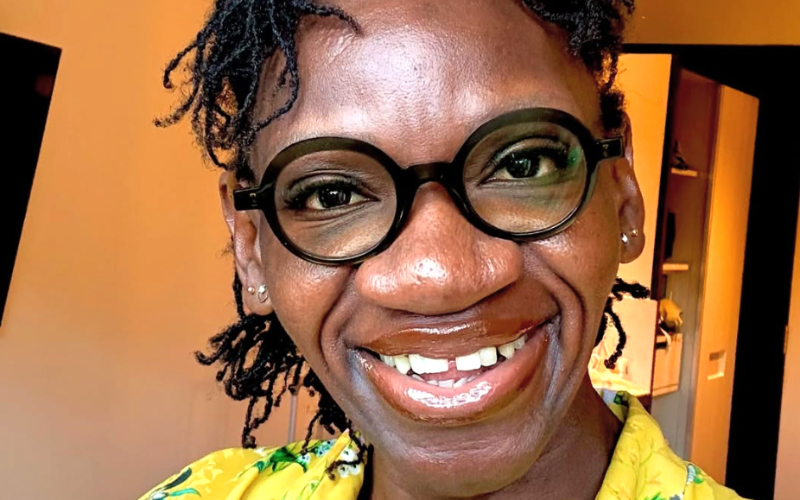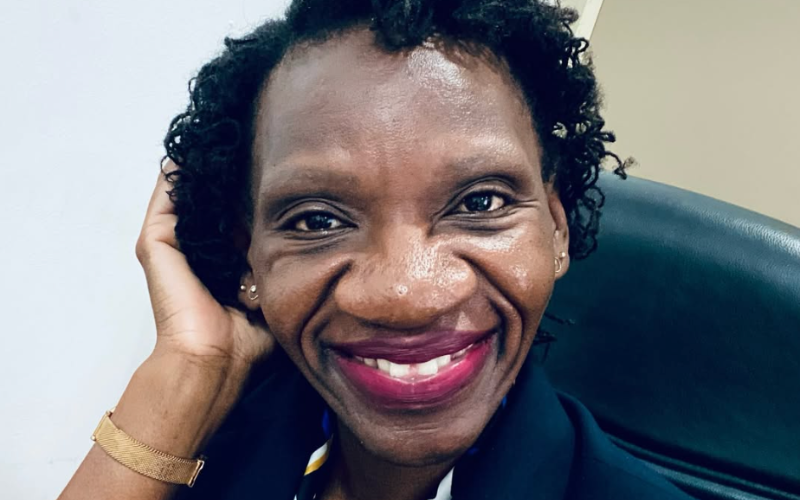Naomie Pilula had never thought much about her nose until the internet did.
The 37-year-old Zambian lawyer lives a life many would recognise: working weekdays, attending church on Sundays, enjoying fashion, pampering herself with manicures, and sharing bits of her life on Instagram.
Normally, she keeps her comment sections off, preferring to post quietly without opening herself to public scrutiny.
But in June, a single selfie changed everything. The post went viral.
Comments poured in, some questioning if her face was real, others cruelly criticising her appearance.
“I got comments suggesting I try rhinoplasty,” Pilula recalled in an interview with People. “Some told me outright, ‘You’re ugly’ or ‘You don’t deserve to be on the internet.’ It caught me at a time when I was really pissed off.”
Pilula, the youngest of seven siblings, grew up in Zambia, where beauty ideals often celebrate curvy, well-endowed women.
“As somebody who is smaller, I was always told ‘eat more, fill out more,’” she told People.
Later, studying in Australia and New Zealand, often as the only Black student in her classes, gave her a new perspective on beauty and desirability away from home.
Her nose, her father’s, has been a feature that once drew teasing.
Over the years, she learned to embrace it.
“Why would I want to remove a feature that identifies me with my father?” she says. “It doesn’t make sense. I like the way I look, and once you reach that point, no one can take it from you.”
Even so, the viral attention shook her.
She initially posted a short, passive-aggressive response but quickly deleted it and called her sister for advice.
Her sister asked a simple but powerful question: Why did this particular comment upset her more than others?
“That made me realise maybe I wasn’t as healed as I thought,” Pilula says.
Turning to her faith, she leaned on Psalm 139:15-16, a reminder that she was intentionally made by God.
“If it’s flowing from my relationship with God and understanding who he is, understanding who he’s created me to be, then what can people say? There’s nothing you can tell me,” she explains.
Another lesson came from the story of Joseph in Genesis, who turned betrayal into triumph: “So it is the idea that if the purpose of this was destroying me, I’m not going to agree with that purpose.”
Since then, Pilula has seen a wave of support. Kind messages from new followers have poured in, reinforcing her confidence.
She now uses her platform to inspire self-acceptance, faith, and resilience.

“I’m not ‘aesthetically beautiful’ in the traditional sense, and that’s okay. But I love myself, and I can be myself. There is a light in everyone, and it deserves to shine,” she said.
In just a few months, Pilula’s Instagram following has jumped from 1,000 to over 50,000 followers. Despite the trolls and criticism, she remains committed to living authentically.
“I’m not trying to get anything, I’m just doing what I would normally do on social media. Like it or not, this is what I’m going to do,” she says.


